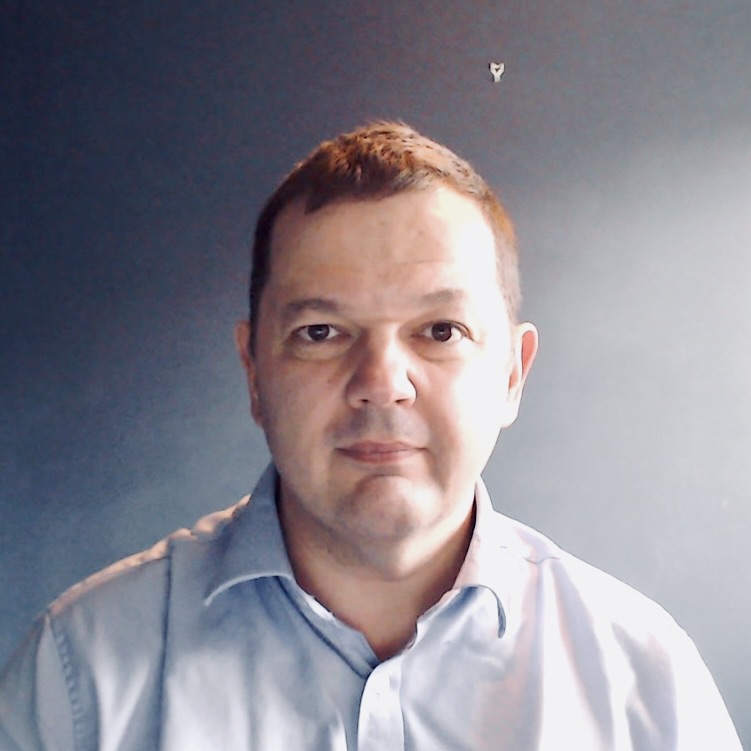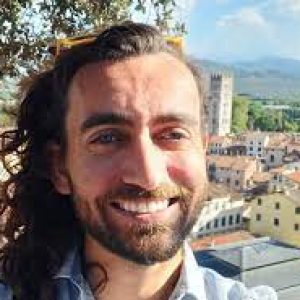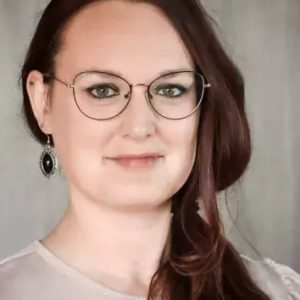Conference programme
“Precision Medicine: The Bridge from Research to Healthcare“
The Nordic Society of Human Genetics and Precision Medicine and the Institute of Genomics at the University of Tartu are joining forces for a very special workshop that will bring together the brightest minds from research, clinical practice, and innovation sectors to brainstorm the future of precision medicine.
Come and listen to the latest news and current trends in precision medicine, while networking with professional colleagues on 19-21 June in Tallinn.
Session topics will be:
- Cardiometabolic session
- Methods for intervention (PGx, PRS ect.)
- Environment effects on health (COVID, surroundings, behavior ect.)
- Use of PRS in science and clinic
Monday Keynote: “Key insights from genomic studies of depression”
Andrew McIntosh, FRCPsych FRSE. Professor of Psychiatry, Centre for Clinical Brain Sciences, University of Edinburgh, Scotland.
Andrew McIntosh leads the Generation Scotland Expert Working Group for Psychiatric Disorders and co-chairs the Major Depressive Disorder Working Group of the Psychiatric Genomics Consortium (PGC).

Mentoring Breakfast Session
Join our mentoring session on Wednesday June 21st, 8.00-8.50 for early-career investigators.
The session will give you the opportunity to discuss how to combine research and clinical careers as well as other topics based on your interests.
Mentors are:
NSHG-PM President Ole Andreassen, University of Oslo
Vice-President Ingrid Skelton Kockum, Karolinska Institutet, Sweden
Workshop co-chair Laura Mauring, Tartu University Hospital, Institute of Clinical Medicine, University of Tartu
The mentoring session has limited availability and will be open to participants on a first come, first serve basis.
Please send a mail to rv@cap-partner.eu if you are interested in joining the session. With your reply, please indicate whether you are a clinician/researcher and topics that you are interested in hearing about.
Workshops
The workshops are a unique opportunity to meet representatives in the field of precision medicine research and implementation.
You can take part in one of the three workshops on Wednesday, June 21st:
Polygenic risk scores, Mendelian randomisation or AI & machine learning
Please note that the workshop on Polygenic Risk Scores is almost at full capacity!
We will try to find a solution for interested participants who have not yet signed up for a workshop.
Polygenic risk scores
Polygenic risk scores (PRS) hold great promise for advancing personalized medicine, enabling more precise predictions of disease risk based on an individual’s unique genetic makeup. However, the implementation of PRS in clinical settings faces several challenges, such as problematic accuracy for individuals and shifting scoring thresholds. The complexity of interpreting PRS results, along with the ethical and privacy concerns surrounding genetic data, have slowed the widespread adoption of these scores in healthcare. Despite these hurdles, continued research and collaboration could help to refine and improve PRS applications, ultimately bringing us closer to the goal of truly personalized medicine. To better understand what PRSs can provide and what they cannot, we invite you to participate in the polygenic risk score workshop!
The workshop will be led by:
Joeri Meijsen, Institute of Biological Psychiatry, Denmark
John Shorter, Roskilde University, Denmark
Polygenic risk scores workshop
"The purpose of this workshop is to understand the strengths and limitations of polygenic scores through hands-on exercises. Participants will work with two different tools to better understand polygenic scores. This includes the PGS Catalog, which is an open database of published polygenic scores, and LDpred2, which is a method for deriving polygenic scores from GWAS summary statistics. No previous experience with coding is needed for the exercise with the PGS Catalog. Experience with the programming language R would be helpful (but not required) for the LDpred2 exercise. By the end of the workshop, participants will: understand how PGS are created, how to evaluate their predictive performance, and how to search for performance differences across different ancestry groups".
John Shorter, Roskilde University, Denmark

Mendelian randomisation
Mendelian randomisation has emerged as a valuable tool in both public health and pharmaceutical research, offering unique insights into the complex relationships between lifestyle, genetics, and health. During the past few years, this method has significantly impacted our understanding of modifiable lifestyle changes and health outcomes, providing stronger evidence for causality between risk factors and disease outcomes compared to observational studies. To better understand the potential of this new approach, we invite you to participate in the Mendelian randomization workshop!
The workshop will be led by:
Joëlle Pasman, Karolinska Institutet, Sweden
Guðmundur Einarsson, deCODE genetics, Iceland
“In this workshop, you will learn the theoretical basis and practical skills needed to understand and conduct Mendelian Randomization (MR). You will learn to use the webtool MR Base as well as conduct your own analyses in R, using real GWAS summary statistics to test the causal relationship between your favorite disease traits. After this workshop, you will be able to evaluate the bold causal claims often made by studies using MR, and you will have the skills and scripts to conduct basic MR analyses yourself,” Joëlle Pasman.
Mendelian randomisation
"In this workshop, you will learn the theoretical basis and practical skills needed to understand and conduct Mendelian Randomization (MR). You will learn to use the webtool MR Base as well as conduct your own analyses in R, using real GWAS summary statistics to test the causal relationship between your favorite disease traits. After this workshop, you will be able to evaluate the bold causal claims often made by studies using MR, and you will have the skills and scripts to conduct basic MR analyses yourself.
Joëlle Pasman, Karolinska Institutet, Sweden

AI and machine learning
The advent of new machine learning approaches has led to numerous real-world applications, particularly in the healthcare sector. Techniques such as image analysis and pattern recognition have become increasingly relevant in practice, enhancing diagnostic capabilities and patient care. When combined with genetics, these advancements have the potential to usher in a new era of personalized medicine, transforming the way we understand and treat a myriad of health conditions. To better understand the potential of this new approach, we invite you to participate in the machine learning workshop.
The workshop will be led by:
Anders Dale, University of California, San Diego, USA
Hafsteinn Einarsson, deCODE genetics, Iceland
